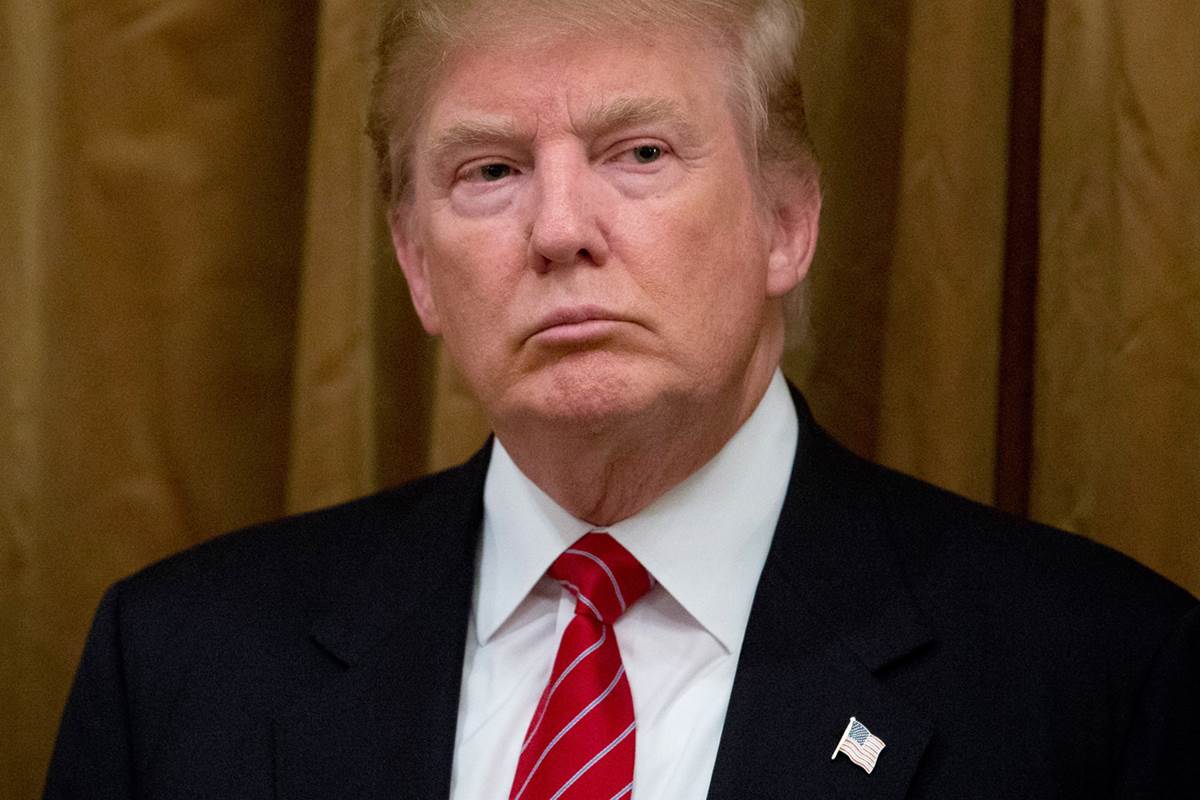
If you haven’t been living under a rock this past year, you’ve noticed Donald Trump has been trying to make America great again. There are some absolutely terribly fitting hats out there to remind you in case you’ve missed out on the movement. And if you’re anything like me, you’ve spent a little too much time trying to figure out exactly why he’s gained the popularity he has in this election. The theories are all over the place: people desire authoritarian leadership, he panders to their emotions rather than their intellect, he pays people off, he’s strong and has just the best health, and even just the simple reality that he is a man and not a woman. Regardless of the reasons for his success, he’s now become the symbolic representation of all the values our undergraduate professors taught us to stigmatize and avoid. He makes me simultaneously interested and terrified.
But I’m not really here to talk about Donald Trump. I don’t think he needs more attention than he has already. Further, I’m Canadian, I’m pretty happy with our smoking hot new Prime Minister, and this election doesn’t necessarily involve any real thoughtful civic engagement on my part. But I’ve noticed something we can learn from in our Canadian, albeit perhaps condescending, response to the Trump phenomenon in the United States. (Side note: I think a fundamental aspect of being Canadian has been to look at the United States and secretly judge them for their shenanigans. Even our Constitution was created with this whole well-at-least-we’re-not-going-to-make-the-same-mistakes-as-America approach to life that seems so vital to being a Canuck. But I digress.) When we hear his platform, bigotry, xenophobia, racism, nativism, anti-Islamism, nationalism, and sexism come to mind. These are only some of the words people have used to describe his conduct over the last year. But do you want to know what most of these words actually have in common?
Some people have no idea what most—if not all—those words mean.
Whether you’re a Trump fan or not, you have to admit the criticisms of Trump are often spoken with several lofty buzzwords common in the social justice world. Sure, most people would have a concept of racism. But xenophobia and nativism are generally words accessible only to people with a certain level of education. And, frankly, the meaning attached to a known word like racism changes when you’ve studied the concept. If you hang around an undergraduate social setting long enough, someone is bound to say one of these words. However such sophisticated vernacular and thought would be lost on my family, as an example. I am the only person thus far to attend a post-secondary institution with any measure of excitement. I’ve learned quickly it is acceptable to speak the “language” of university while at university. However, when I’m back home it can leave people confused, or worse, leave people feeling condescended to.
The Donald has a very different approach than our friendly neighbourhood social justice warriors: he sticks to simple language and as a result people understand him. Donald Trump has never been accused of speaking in language too refined for his audience. (If you want to view an interesting YouTube video on the subject, check out The NerdWriter’s How Donald Trump Answers a Question.) I think this matters to us as law students. As future lawyers, we’re going to have a lot of complex legal concepts and vocabulary rattling around in our brains. And while it will be perfectly acceptable to speak this legal jargon to one another or to clients who can track this legal lingo, there are many people who will need our flexibility in language. We will be more effective at our jobs to the extent we can speak and be understood by those we represent. While this isn’t a skill necessarily unique to the role of a lawyer, it is a skill necessary to communicate to your clients without unintentionally talking like they also went to law school. Or even school, period.
Assuming people know too much can create barriers to effective, strong communication. The opposite, assuming too little, has its problems as well but that’s a conversation for another article. As we continue down this crazy, caffeine-fueled journey toward becoming lawyers, I hope you don’t lose sight of who you used to be: someone who had no idea what obiter dicta meant. Because the moment you lose sight of that person is the moment you stop seeing how to best talk to and advise those who have zero desire to decipher Latin.
